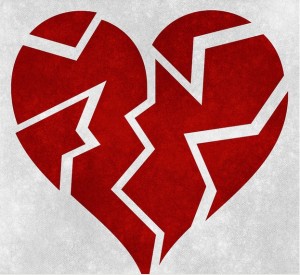A heart attack is a life-changing event. After you leave the hospital, you will usually have to change the way that you exercise and often the way that you eat too. You’ll need to take good care of not just your heart but your whole body. There are signs you should watch out for to make sure that you’re healthy and that you don’t need to see a doctor about any issues. Heart attacks and the medication you take after you have had one can cause further complications, which may or may not need to be treated. The risk of some of the conditions and symptoms below are increased by having had a heart attack.
Abnormal Heart Rhythm
A heart attack might affect the way that a person’s heart beats. Heart attacks could cause your heart to beat too fast, they could slow down your heartbeat (this is called bradycardia) or they could cause an abnormal rhythm. An abnormal rhythm in your heartbeat is called an arrhythmia. Arrhythmias could be harmless, but the most dangerous of them can cause your heart to stop working normally. They can also make your heart work too hard so that is can’t get enough oxygen. Very fast heartbeats, which are more common than slow ones, are more dangerous and can cause cardiac arrest. Sometimes arrhythmias correct themselves and sometimes they require medication. In some cases, an electric current through the heart with a defibrillator is needed.
Heart Failure
Heart failure might occur when a person has suffered a particularly bad heart attack. The heart can be left too weak to pump blood correctly, and so pressure builds up behind the damaged part of the heart. Pressure can also build up in the lungs if the damage to the heart is on the left side. A symptom to watch out for in this case is becoming short of breath. There are many treatments for this condition, from exercise to medication.
Hypoxaemia
Hypoxaemia (or hypoxemia) is a condition where you have low levels of oxygen in your blood. This is usually caused by your lungs not receiving adequate blood flow. Doctors can help to correct this by giving you extra oxygen.
Low Blood Pressure
Low blood pressure after a heart attack can either be caused by the attack itself or by the medication you are one. If your heart attack was serious and your heart is no longer working correctly, it can cause low blood pressure. But it can also be side effect of the medication you are taking. The treatment given for low blood pressure will depend on what is causing it, but if your blood pressure is dangerously low, you will need to be hospitalised.
It’s very important to monitor your health extremely closely after having a heart attack. Apart from the complications that may arise, having your first heart attack increases your chances of suffering another one. You should stick to the health plan given to your by your doctor and report any problems you experience.








